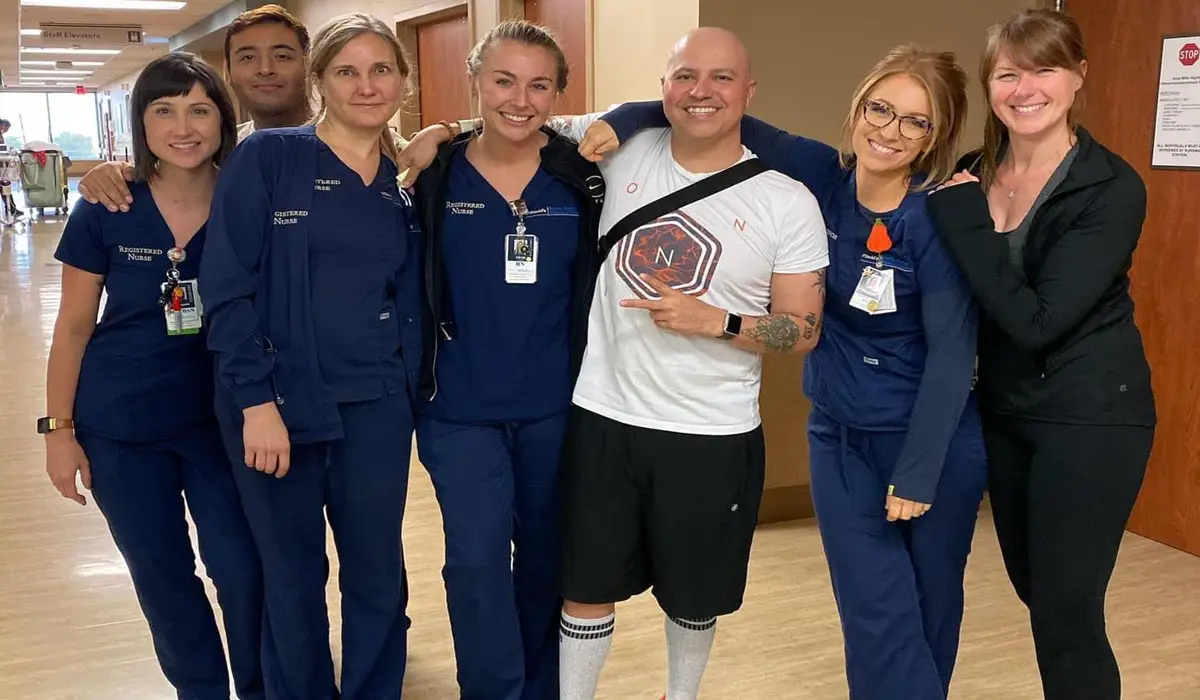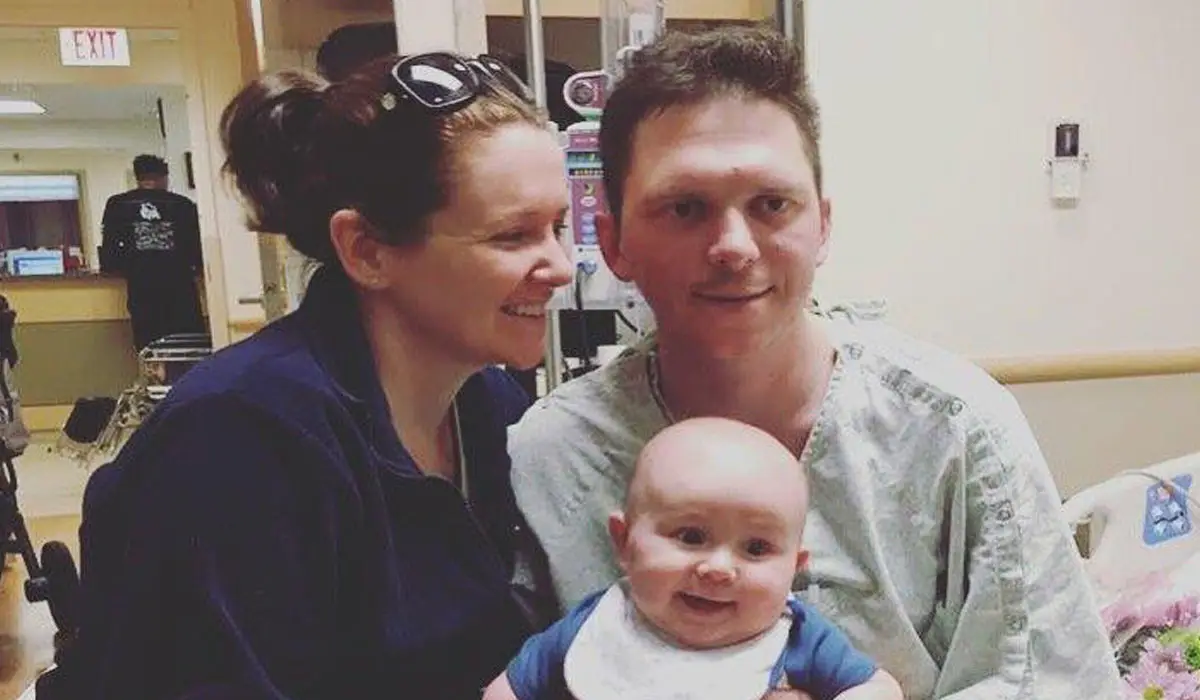
Employment Challenges During Cancer Treatment: Balance Work And Health
Challenges In Maintaining Employment While Undergoing Cancer Treatment
Greetings from Champions For Cures, your trusted ally in the fight against cancer. We understand the employment challenges of cancer treatment and are here to help. Balancing work and health is a crucial aspect of professional lives, and we’re committed to supporting you through this journey. You can contribute to our cause by donating here, becoming a sponsor, or exploring other ways to give. Let’s delve deeper into balancing work and health during cancer treatment.
Understanding Employment Challenges During Cancer Treatment
In reality, reduced work hours are a common issue for cancer patients. The impact on financial stability can be significant, leading to stress and anxiety. The emotional toll on the patient is often overlooked, but it’s a crucial aspect of their journey.
Leaves of absence are often necessary during treatment. However, this can affect job security, causing additional stress. Thankfully, workplace rights protect employees in these situations, but it’s essential to understand these rights and how to exercise them.
The threat of job loss is a harsh reality for many undergoing cancer treatment. The reasons vary, from reduced productivity to extended leaves of absence. However, legal protections and resources are available to help navigate these challenges.

Navigating Work During Cancer Treatment
Flexible work options can be a lifeline for those undergoing treatment. These arrangements, such as remote work or flexible hours, can help balance work and health. They allow patients to continue their professional lives while accommodating their treatment schedules.
Rehabilitation programs play a crucial role in helping patients return to work. These programs provide physical and emotional support, aiding recovery and reintegration into the workplace. We’ve seen many success stories and are eager to share them.
Vocational guidance is another essential resource. It helps with career planning during and after treatment, providing direction and support during a challenging time. Resources for vocational guidance can be found in many places, including Champions For Cures.
Conclusion
Balancing work and health during cancer treatment is complex, but it’s possible with the right resources and support. We encourage all cancer patients to face these challenges and call on workplaces to support their employees undergoing cancer treatment. You can learn more about our champions here or even nominate a champion here. And remember, our annual golfing events are a great way to support our cause while enjoying a round of golf. Together, we can make a difference in the lives of those battling cancer. Thank you for your support.
Frequently Asked Questions
Individuals undergoing this treatment often face reduced work hours due to their health condition, which can lead to financial instability. They may also need to take leaves of absence for treatment, which can affect their job security. In some cases, they may even face job loss.
Cancer treatment can significantly impact a person’s professional life. It often requires time off for medical appointments and recovery, leading to reduced work hours or leaves of absence. This can cause stress and anxiety, especially if the individual worries about job security or financial stability.
Workplace rights for these individuals vary by country and state. Still, they often include the right to reasonable accommodations, such as flexible work hours or the ability to work from home. They may also have the right to take medical leave without losing their job.
Flexible work options include part-time hours, remote work, flexible scheduling, or job sharing. These options can help individuals undergoing cancer treatment maintain a balance between work and health, allowing them to continue their professional lives while accommodating their treatment schedules.
Rehabilitation programs can provide physical and emotional support to individuals undergoing cancer treatment, aiding in their recovery and helping them return to work. These programs can include physical therapy, occupational therapy, speech therapy, and mental health services.
Vocational guidance can help individuals with career planning during and after treatment. It can provide direction and support during a challenging time, helping them explore new career paths or find ways to adapt their current job to their health needs.
The prevalence of job loss among individuals undergoing cancer treatment can vary widely, depending on their health condition, work type, and employer policies. However, it is a significant concern for many people undergoing treatment.
Legal protections for individuals with cancer can include laws prohibiting discrimination based on health conditions, laws requiring reasonable accommodations for health needs, and laws protecting the right to medical leave.
Workplaces can help employees with cancer by providing flexible work options, understanding and accommodating their need for leaves of absence, and offering support through employee assistance or wellness programs.
Resources can include legal advice on workplace rights, vocational guidance services, rehabilitation programs, and support groups for individuals facing similar challenges. Many of these resources can be found online, through healthcare providers, or by organizations supporting individuals with cancer.
